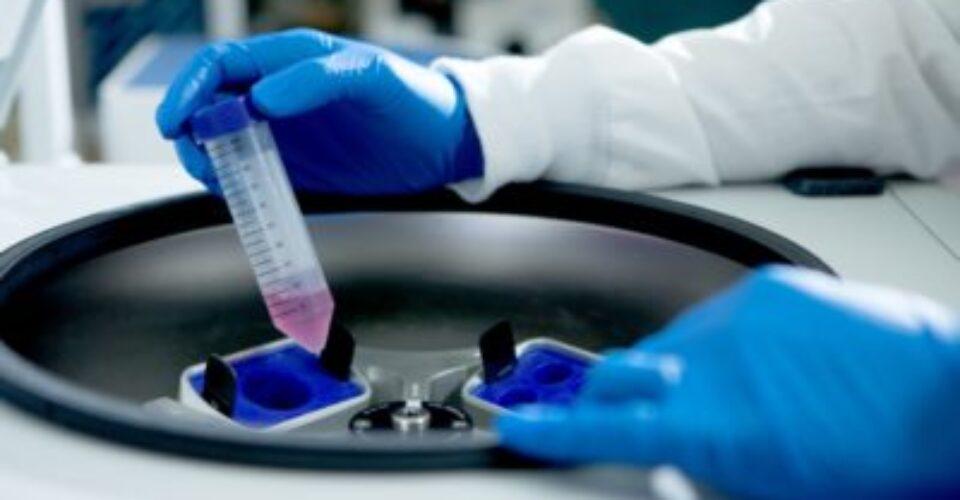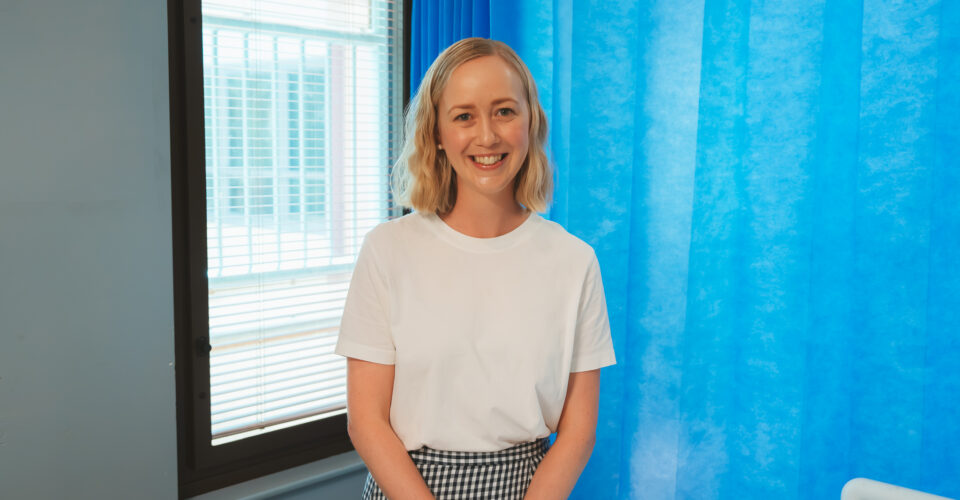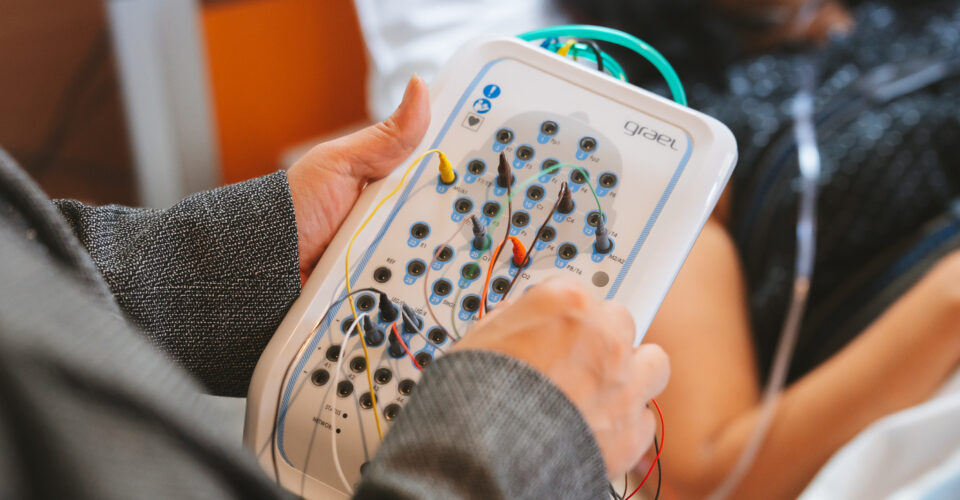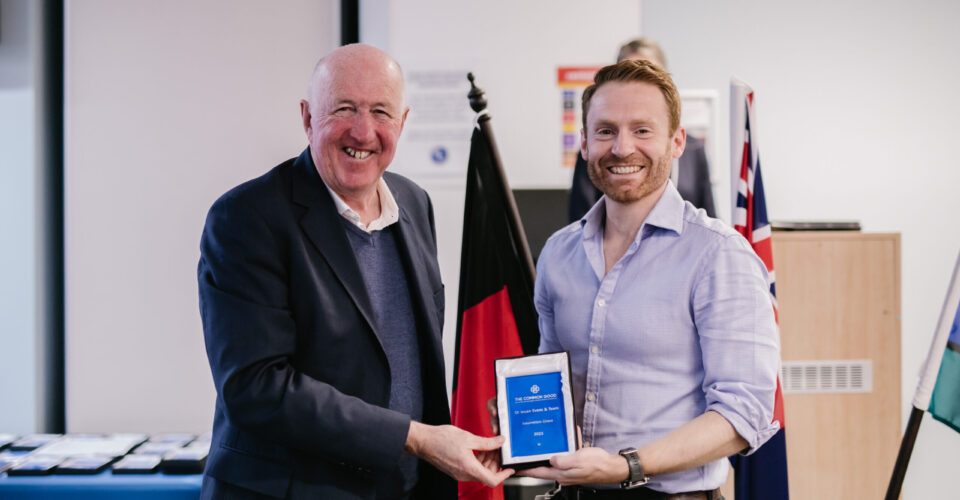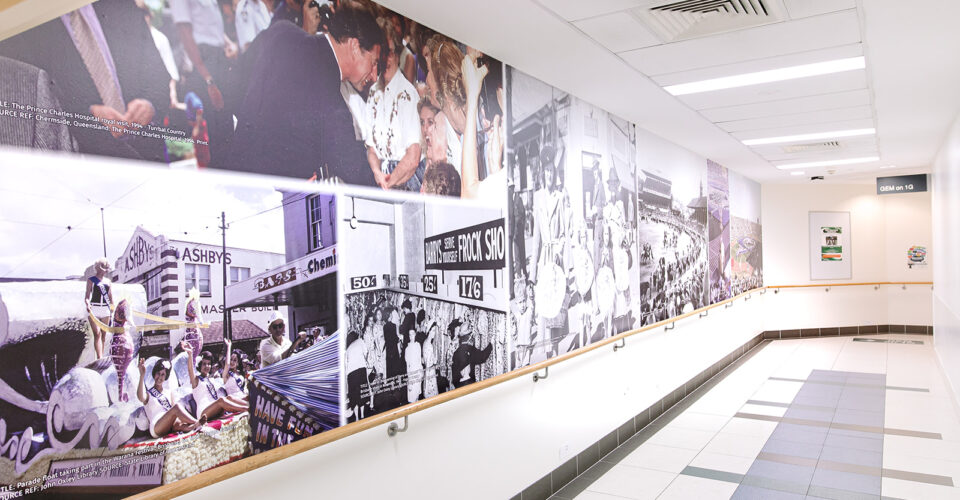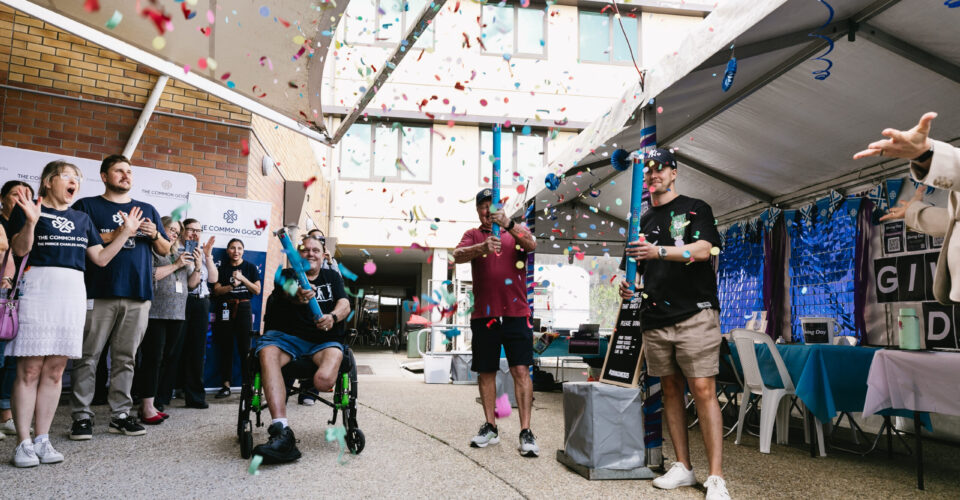While any surgery is a physical shock to the body, major surgeries such as open heart and transplant are some of the most traumatic with the longest recoveries. Amazingly, although Cardiopulmonary bypass is used in the majority of heart surgeries in Australia each year, we are still unaware of many of the effects bypass could be having on the body, including the ability to process vital medications critical to recovery.
It is thought that the traumatic effects of not only the surgery but the bypass itself may be causing a reaction that affects the way our bodies metabolise medications; For example – If, after undergoing surgery with bypass, a patient receives 500mg of a drug, is their body metabolising the full 500mg therapeutic dose? Or, are they missing out on much needed treatment because their body is discarding it as waste?
Santosh Kumar wants to know if a reaction like this could be the reason that some patients respond and react faster to medications and therefore improve more rapidly than others. With his study Santosh aims to find out if, and to what extent, the Cardiopulmonary bypass may be affecting a patient’s ability to metabolise medications with the hopes to improve patient care in future.
He will do this by administering low doses of 5 different medications to patients undergoing general surgery and patients undergoing surgery with bypass. He will then test the drug levels in their blood both prior to surgery, to see what their drug metabolisation ratio is. This same test will then be conducted post-surgery to see if there are changes in the way the patient is metabolising their medication. This test will indicate if there is a difference in drug metabolisation in relation to any surgery or only those involving bypass.
By pin pointing if there is a change to the body’s ability to metabolise medications after surgery or after bypass doctors will be able to more accurately prescribe vital medications at a truly therapeutic dose. This should lead to a better response in the patient, fewer complications and potentially shorter recovery periods – helping people get back on their feet and back home to their families sooner.
The success of this study will also open the door for further exiting developments in customised patient care. We already all know that no two people are exactly the same and the insights gained during this trial could revolutionise our approach to treating patients. By developing individualised drug metabolisation testing in patients that could lead to the use of customised dosages we could see a vast improvement in the treatment, response and recovery for countless patients worldwide.
Support The Common Good here.
